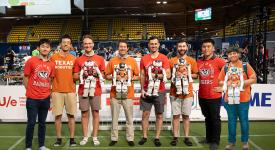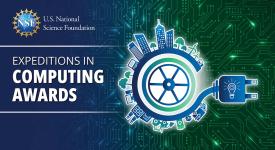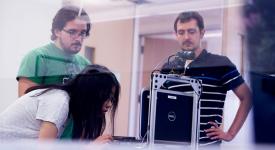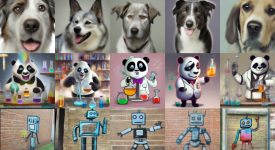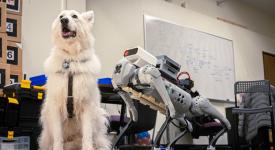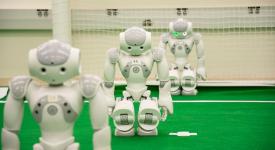Texas RoboCup Team on KXAN
08/12/2024 - Are AI robots the future of sports? These UT students think soAustin (KXAN) — A team of UT students, led by Professor Peter Stone, recently triumphed at the RoboCup Home competition in the Netherlands, where their AI-powered robots autonomously played soccer. The students believe their research is paving the way for a future where robots can compete against humans in sports, revolutionizing the field of AI robotics.





